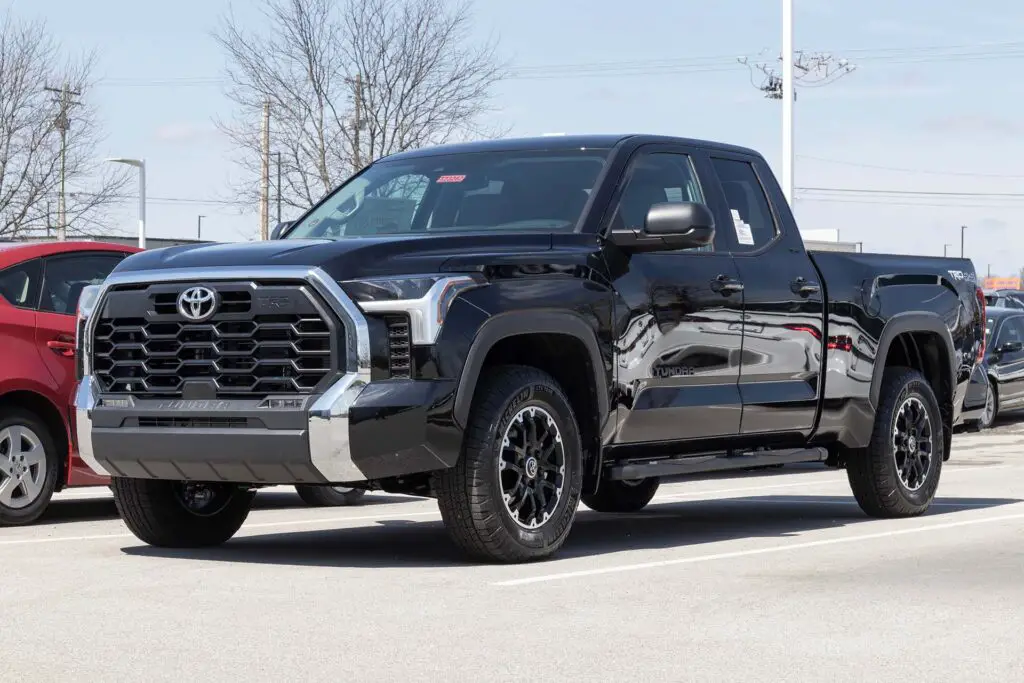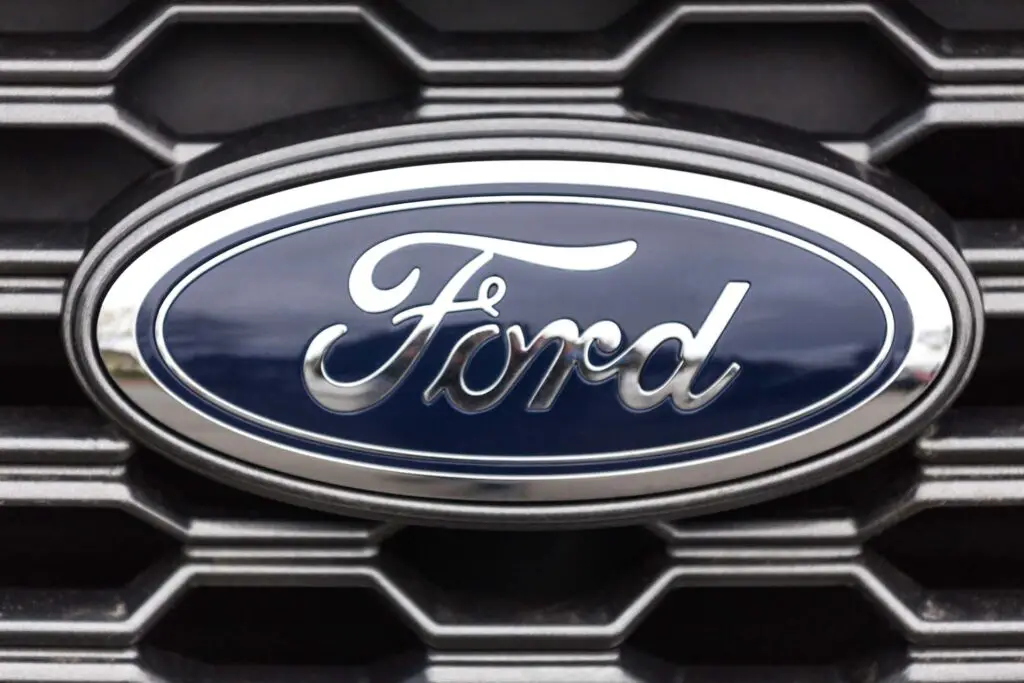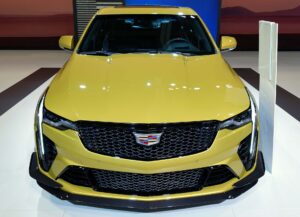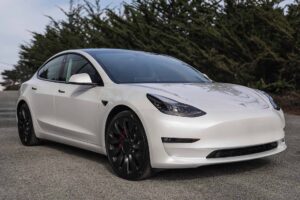How long should a car last before it’s time to say goodbye? The average car lifespan by brand can vary significantly, with some vehicles outlasting others by hundreds of thousands of miles. In this guide, we’ll dive into the brands that stand the test of time and what makes them so durable.
What Does the Average Car Lifespan by Brand Tell Us?
The lifespan of a four-wheeler isn’t just about how many years it sticks around – it’s about how well it performs during those years. At its core, a car’s lifespan refers to the time or mileage a vehicle can be expected to function reliably before requiring major repairs or replacements. Manufacturers aim to design vehicles with varying durability benchmarks, often balancing performance, affordability, and longevity to meet the expectations of their target audience.
For instance, luxury brands may prioritize cutting-edge technology, while others, like Toyota or Honda, are synonymous with dependability and simplicity. These design choices directly impact how long a vehicle lasts on the road and how well it retains its value over time.
Looking at the average age of cars by brand, it’s clear that certain automakers excel in producing vehicles that endure beyond their expected life cycle. This data not only highlights reliability but also sheds light on how factors like maintenance, driving habits, and build quality contribute to longevity.

The Top Contenders for Longest-Lasting Cars
When it comes to choosing a four-wheeler that stands the test of time, some brands consistently rise above the rest. These manufacturers have built their reputations on producing vehicles that endure for years, often outlasting their competitors by tens of thousands of miles. Let’s take a closer look at the top contenders and what makes them excel.
Toyota – A Global Leader in Longevity
Toyota has long been synonymous with reliability, earning the trust of drivers worldwide for its consistency and durability. Known for crafting rides that seem to run forever, Toyota vehicles often reach astonishing mileage milestones before requiring major repairs.
On average, Toyota models can achieve well over 200,000 miles with proper maintenance, and many surpass that mark without significant issues. This impressive track record stems from Toyota’s meticulous engineering and its commitment to using high-quality materials in every model.
Among its lineup, the Toyota Corolla and Toyota Camry stand out as icons of longevity. The Corolla, one of the world’s best-selling four-wheelers, continues to be a top choice for drivers seeking dependable transportation. Meanwhile, the Camry balances reliability with comfort and style, making it a favorite for families and commuters alike. Toyota’s enduring legacy of quality ensures it remains a go-to choice for anyone seeking a ride built to last.
Honda – Dependability in Every Mile
Honda is another brand that consistently delivers vehicles designed to go the distance. Competing closely with Toyota, Honda’s commitment to reliability and durability has earned it a loyal fan base. Honda vehicles are celebrated for their robust engines and efficient performance, making them some of the most dependable options on the market.
On average, Honda models also exceed 200,000 miles with ease, and their engines are particularly known for enduring years of heavy use without major failures. The Honda Accord and Honda Civic are standout models, offering a blend of performance, efficiency, and durability that few can match.
Subaru – Built for the Long Haul
For those who love adventure and rugged terrain, Subaru has become a trusted name. Renowned for its all-weather capability and durable designs, Subaru vehicles are built with longevity in mind. Their hallmark feature, the symmetrical all-wheel-drive (AWD) system, enhances both performance and reliability, ensuring Subaru models can handle challenging driving conditions with ease.
Subaru models like the Outback and Forester are especially popular among outdoor enthusiasts for their toughness and practicality. Many Subaru vehicles reach 200,000 miles or more, often serving as reliable companions for drivers who prioritize versatility and durability. Subaru’s focus on engineering vehicles that thrive in diverse environments has solidified its place among the longest-lasting car brands.
Ford – A Classic American Choice
As a staple of American automotive history, Ford has earned its reputation for producing vehicles that are as tough as they come. Known for its sturdy trucks and reliable SUVs, Ford vehicles are often designed to withstand heavy-duty use, making them a favorite for those who need a vehicle built to handle work and play.
The Ford F-150, in particular, stands out as a symbol of durability and resilience. As one of the best-selling trucks in the world, it consistently delivers high mileage and long-lasting performance. Many Ford trucks easily surpass 200,000 miles, with some owners reporting well-maintained models reaching 300,000 miles or more.

Key Factors That Affect Car Lifespan
When it comes to determining how long a four-wheeler will last, several factors come into play. With the evolution of four-wheelers, these factors change too, so, let’s break down the key elements that influence a car’s durability and performance over time.
Build Quality and Engineering
The foundation of any long-lasting ride lies in its build quality and engineering. Manufacturers that prioritize robust design and durable materials tend to produce vehicles that outlast their competitors. For instance, high-quality steel frames, corrosion-resistant coatings, and advanced manufacturing processes all contribute to a vehicle’s ability to endure the test of time.
Moreover, the attention to detail in engineering – such as designing efficient engines and reliable transmissions – plays a significant role in how long a car can perform without major repairs. In contrast, cheaper materials and cost-cutting measures can significantly reduce a car’s lifespan, even if it initially performs well.
Maintenance Habits
A car’s longevity doesn’t just depend on how it’s built – it’s also about how well it’s cared for. Regular maintenance, such as oil changes, tire rotations, and brake inspections, is essential to keep a vehicle running smoothly. Skipping these routine tasks can lead to accelerated wear and tear, reducing a car’s overall lifespan.
Different brands also have varying maintenance requirements. For example, some vehicles may need more frequent oil changes due to engine design, while others might require special attention to unique components, like turbochargers. Following the manufacturer’s recommendations is crucial to maximizing the lifespan of a car. Owners who invest in preventive care often see their vehicles surpass mileage milestones with ease.
Driving Conditions and Habits
Where and how you drive can have a significant impact on your car’s lifespan. Urban driving, with its stop-and-go traffic, tends to put more strain on brakes, transmissions, and engines. Conversely, highway driving is generally less taxing on a vehicle, allowing components to operate more efficiently over time.
Rural and off-road driving adds another layer of challenges. Dirt roads, gravel, and uneven terrain can accelerate suspension wear and tear, as well as damage tires and undercarriages. For vehicles frequently used in these conditions, such as Subarus and off-road-capable SUVs, robust engineering becomes even more critical.

How to Choose a Four-Wheeler That Will Last?
Selecting a ride with longevity in mind involves more than just picking a brand with a solid reputation. To ensure your investment stands the test of time, it’s good to know what features and considerations make a vehicle truly durable. Let’s dive into what to prioritize when making your decision.
What to Look for in Long-Lasting Brands
When evaluating brands, focus on specific features that contribute to a car’s lifespan:
- Engine performance – A reliable engine is the heart of any long-lasting car. Look for brands known for designing engines that require minimal repairs and can endure high mileage without losing efficiency. Brands like Toyota and Honda excel in this area.
- Safety – Cars equipped with advanced safety features tend to last longer, as these technologies help prevent accidents that can lead to significant wear or damage. Features like adaptive cruise control, lane-keeping assist, and automatic emergency braking are worth prioritizing.
- Tech reliability – While modern vehicles are packed with advanced technology, not all systems are created equal. Choose brands that have a proven track record for reliable infotainment systems, sensors, and electronic components to avoid costly repairs down the line.
Certified Pre-Owned vs. New Models
Not sure if new vehicles of 2025 or pre-owned ones are for you? When deciding between a certified pre-owned (CPO) vehicle and a brand-new car, consider how lifespan factors into the equation
| Feature | Certified Pre-Owned (CPO) | New Models |
| Cost | Typically less expensive than new cars | Higher cost compared to CPO vehicles |
| Inspection | Rigorously inspected to meet manufacturer standards | Not applicable, as new cars come directly from the factory |
| Warranty | Often includes extended warranties for added peace of mind | Comes with a full manufacturer warranty |
| Condition | Pre-owned but refurbished to ensure quality and reliability | Brand new with zero wear and tear |
| Technology | May lack the latest tech features available in new models | Equipped with the newest technology and features |
| Proven Track Record | Allows you to choose a model known for durability based on its history | No track record available as it is a new vehicle |
| Longevity | Reliable and durable if properly maintained, with the advantage of proven performance history | Offers unmatched reliability with proper care, starting its lifespan from scratch |
Honorable Mentions – Brands That Surprise Us
While some brands dominate the conversation when it comes to longevity, there are others that might not always top the charts but still deliver impressive durability. These brands combine reliability with unique features that have earned them a place in the hearts of drivers looking for vehicles that last. Here are a few honorable mentions:
Kia
Once known for affordability, Kia has steadily improved its reputation for durability and quality. With a 10-year/100,000-mile warranty backing many of its models, Kia is proving that its vehicles are built to last.
Hyundai
Hyundai shares a similar commitment to reliability, offering robust warranties and crafting cars with exceptional build quality – just take a look at its sales records in 2023. Models like the Sonata and Elantra continue to impress with their longevity and performance.
Volvo
Renowned for safety and solid engineering, Volvo vehicles often maintain their reliability well beyond 200,000 miles. With a focus on durable materials and innovative design, Volvo earns its place among brands that stand the test of time.
Which Brand Truly Lasts the Longest?
When it comes to the average car lifespan by brand, some names consistently rise to the top – Toyota, Honda, Subaru, and Ford While the brand is undeniably a critical factor, it’s only part of the equation. Proper maintenance, mindful driving habits, and attention to environmental factors play an equally significant role in how long a car lasts. With a reliable brand and taking good care of your vehicle, you can enjoy years – or even decades – of dependable performance on the road.








